
How to Live Longer: 10 Tips to Avoid Dying At A Young Age
There are things you can do now to live longer. Read the full list to reverse aging.
Sadly, not yet. You can’t reverse it, but you can do it with grace. There are simple tips you can do to age gracefully.
Strategies below will allow you to do what you love for as long as possible.
First a quick note: my company makes and sells bone broth that helps keep your joints, digestion and skin healthy as you age. Leave a comment if you have any questions about it.
The health community uses the term longevity. Longevity is a function of lifespan and healthspan.
Lifespan is the number of years you live (thanks, captain obvious). Healthspan is how well you live as you age.
What Are Your Goals?
If your goal is health and longevity, then you want to improve both healthspan and lifespan.
I would argue healthspan is more important. What good is being old if you can’t enjoy those years?
There is good news! The research of longevity has come a long way in the last 10 years. We are learning more about how to live longer, healthier lives.
First a quick note: my company makes and sells one of the best ways to make you live longer: collagen rich bone broth. Bone broth helps you live longer by promoting gut health so you have proper digestion, skin health to reduce wrinkles and by keeping your joints supple and strong as you age.
Keep reading for my tips on longevity.
Why does your body age?
Your body ages because our biology necessitates it. We also age because of environmental factors that cause damage to accelerate it as well.
Gene / Cellular Aging
Cells are the basic building block of our body. Our cells age because of our biology.
Your cells age, eventually get damaged and lose their ability to function.
Lifestyle Habits / Environmental Aging
There are external factors associated with your habits that age you faster. There are interactions between all of them. These include:
- Air pollution
- Ultraviolet radiation / sun exposure
- Anxiety
- Mould and environmental toxins
- Nutrition
- Tobacco smoke
- Liquor consumption
These factors are bad for your cell health and your long life goals.
Looking for food for longevity? Read our in depth bone broth buyers guide.
How to Live a Longer Life
In recent years, our healthspan has increased due to better hygiene, nutrition, access to healthcare and improvements in medicine.
That being said, we still age. No one has the fountain of youth.
Much of the longevity field asks you to do extreme things to ward off how we age. Are these going to make a dent?
The jury is out on some things. Many of the tips below are proven by science.
So, how do you age gracefully and promote longevity while enjoying your your day to day?
10 Tips for How to Live Longer
1. Eat Nutrient Rich Food (Fruits and Vegetables)
Everyone tells you to eat a certain way. In reality no diet ‘works.’ It is best to eat a balanced and micronutrient rich that covers all of your vitamin and mineral needs.
But, you also want to enjoy real ingredients and not feel like you are restricting yourself. Restricting yourself and ‘dieting’ leads to anxiety about eating: two other accelerators of aging.
I like Michael Pollan’s approach to eating which he outlined in his book: The Omnivore's Dilemma. He says: "Eat food, not too much, mostly plants."
Prioritize vegetables (peppers) on your plate, with small amounts of meats, fruits and whole gains as your carbohydrate sources.
So long as you eat lots of fiber rich foods you certainly don’t need to worry about the occasional cookie, slice of cake or donuts... I won't hold a grudge on you for that.
Fruits and veggies are full of potassium and enzymes to help balance out your sodium intake.
That being said, eating for healthy aging purposes is largely about removing stuff before you add in anything.
You can get longevity benefits by limiting these inflammatory food groups:
- Liquor
- Vegetable oils
- Processed sugar
- Trans fats
- Deep fried stuff
- Ultra processed stuff
- Artificial sweeteners
Read this article for the full list of inflammatory triggers.
Do I need to eat antioxidants to live longer?
There is evidence that antioxidants help you live longer. Antioxidants are substances that protect you from the damage caused by free radicals.
A diet rich in them can can slow down the aging process and reduce your chances of getting sick. One of the best sources is fruits and veggies is peppers. A diet rich in them can assist you to live longer, healthier lives.

What foods make you live longer?
Since you asked, the following food choices can make you live longer:
- Fatty Fish like Salmon
- Bone Broth
- Mushrooms
- Dark Chocolate
- Berries
- Avocado
- Leafy Greens
- Turmeric
- Green Tea
- Peppers
Are people living longer by restricting calories or carbohydrates?
Some people claim they are living longer because they are restricting carbohydrates, but is this true? Some research shows that processed and refined carbohydrates like sugar sweetened beverages and baked goods cause inflammation that leads to premature death.
Those on the keto diet are having success with living longer because they have removed these items. Some people doing low carb variations of a mediterranean diet (rich in olive oil) are doing well on it too.
2. Specific Exercise Advice: Lift Weights
As we age we lose muscle mass and with that: strength and stability. Unfortunately, so many causes of mortality come from a lack of strength and stability.
For example: a fall that would barely bruise you at 30 can be lethal when you are older. This is because you don’t have the strength to support yourself during that fall.
Also, after age 50, bone mineral density and circulation takes a sharp decline. This increases your risk of osteoporosis and osteopenia (1).
Resistance training is one of the best measures you can take to improve bone mineral density by putting your bones to work. Heavy loads stimulate your bones to remodel and grow, thereby promoting healthy living.
You don’t get the same effect from cardio based exercise like cycling or running (2).
But where do you begin if you’re new to resistance training?
Specific exercise activities to support your body mass
Rule number one with lifting is to not get hurt. It pays to be conservative with your routine and your frame.
If you don’t like lifting weights, you can reap some of the same rewards by doing something like body exercises like squats, step ups and planks.
You can also simply move around more during your day. Hobbies like gardening and dancing are shown to benefit bone mineral density and lung health.
3. Lifestyle Factors: Remove Unnecessary Stress From Your Routine

It is the cornerstone of good health.
But, we all experience it, so it must have some evolutionary benefit. What is it? It puts us into action and protects us from death.
From an longevity perspective, it’s a good idea to deal with the issues you can’t avoid.
But it behooves you to remove unnecessary stressors from your day.
Stress causes brain inflammation, immune system depression and heart disease
It causes a chronic spike in cortisol which leads to a higher risk of heart issues (3). Particularly work related issues and at home will accelerate your age.
Chronic exposure also damages your hippocampus in your brain. This region is crucial for memory and learning.
Stress is a known contributor to neurodegenerative illnesses like Alzheimer’s and Parkinsons (4).
From an aesthetic point of view, cortisol accelerates the age of your skin, causing wrinkles.
There is good news though! There are many ways to decrease your levels, I’ll list a few below:
- Exercise like weight training or cardio.
- Meditation
- Journaling
- Forest bathing
- Yoga
- Breathing exercises
- Ensuring you’re getting enough rest
- Establishing a sense of community and belonging
- Maintaining relationships with friends
4. Make Lifestyle Changes that Prioritize Your Mental Health Benefits
There’s a reason airplane staff tell you to secure your own oxygen mask before securing those of your loved ones.
Mental health directly affects your life.
If you are not mentally well, you can’t help others and be a beneficial member of any community.
For some people this means being happy and keeping conflict and grudges to a minimum.
Here’s a few steps you can take to stay happy as you age.

Take up a new hobby or practice to stimulate your mind
An active brain is a healthy brain. Your brain is plastic and constantly changing. It does this by recycling and adding new neurons (neurogenesis).
Learning new skills or hobbies stimulates neurogenesis which keeps your brain active and youthful. It also decreases cortisol levels.
My girlfriend took up pottery and loves it. I started climbing and really enjoy that. You can try: baking, painting or pickleball… the opportunities are endless.
Build your social network and be a part of a community or activity group
Sebastien Junger argues in his book Tribe that we need solidarity in a time where we are split and divided.
Research consistently finds that a sense of unity and belonging from social interaction bring about many mental health benefits (5).
Volunteer in your community, introduce yourself to your neighbours and get involved in causes that you’re passionate about. This will make your surprisingly content and valued.
Nurture your relationships to improve the lives of others
Interpersonal relationships with friends and family decay if they’re not nurtured. Relationships are crucial to longevity. Lonely people die 15 years earlier than those with significant relationships and social networks (6).
The ultimate longevity strategy: get a pet
If you feel lonely then why not get a pet? I have two dogs and the benefits are tremendous. Dogs get you taking more steps and in nature. They are a fantastic conversation starter and seamless way to meet you people.
Dogs provide a tremendous companion to you throughout their existence. Finally, looking after someone else gives you a greater purpose.
5. Get Quality Sleep to Reduce Stress Hormone Activity
Proper sleep is crucial to all aspects of longevity. Adults must aim for at least 7-8 hours (8).
it is shown to lower your risk for heart disease, obesity, depression and inflammatory issues.

Here are a few basic prescriptions to get you a restful night.
- Go to bed and wake up at approximately the same time every day.
- Rest in a temperature controlled room at 60-64 F (16-18 C).
- Rest in a dark room or use a mask.
- Get direct sunlight first thing in the morning.
- Avoid eating within three hours of bed time.
- Avoid drinking within one hour of bedtime.
- Decease screen usage within 1 hour of bedtime.
- Monitor your caffeine intake past noon (if you are sensitive to caffeine).
I’ve compiled these together from a variety of experts like Dr. Matthew Walker and Andrew Huberman.
6. Walking, yoga and breathing (in nature if possible)
The beauty of walking is that most of us can do it more. You don’t need fancy equipment or to commute anywhere to do it.
There are many benefits to it. It makes you happy by increasing serotonin production in your body. Note: you need a brisk pace to get your heart rate high enough to get the serotonin release (9).
It also protects you from neurodegenerative issues like Alzheimer’s. It does this by increasing the size of your hippocampus as you age (10).
It provides basic cardiovascular training, which keeps your blood pressure and heart health in healthy range (11).
Lastly, it helps ease your pancreas by keeping your blood sugar in check. If you have diabetes or blood sugar issues, movement can certainly help.
A 20 minute walk after a carbohydrate rich meal is shown to decrease blood sugar response (12).
The best part is that you can multitask. You can do it in nature, practise mindfulness and meditate while walking (checkout forest bathing).
Alternatively, you can do what I do and listen to books while you walk.
7. Know Your Family History of Health Conditions
Not sure what your great-grandparents died of? It is a good idea to find out before it’s too late.
Do some research and ask your relatives about any health issues in your family.
This gives you a plan of attack if you are interested in living or a long time.
Talk to your doctor about your family health history. They will be able to provide the necessary screening to ward off any age-related chronic disorders.
You can take longevity a step further and get your genome sequenced. This will tell you what chronic health issues you may be susceptible to based on your genes.
8. Moderation, Cut Sugars, Grains or Consider Fasting
I debated including this on the list as I am torn. Let me explain why.
The research is showing that different types of fasting or caloric restriction can be beneficial to longevity and healthy aging.
On the other hand, in the West, eating less or fasting dips too far into diet culture for me to feel comfortable writing about it without this caveat.
The strategies below can lead to disordered eating patterns and orthorexia. Orthorexia is being obsessed with healthy eating.
I’m not a particular fan of any diets because they are not sustainable and do not result in long-term changes. Moreover, ‘yoyo’ dieting is incredibly dangerous to your mental health and physical health. More is not better.
With that out of the way, here’s why anti-aging experts are so enthused with fasting and caloric restriction
Eat until you are 80 percent full to avoid obesity and diabetes
Japan and particularly the island of Okinawa live by a phrase called ‘Hara Hachi Bu.’ This translates to ‘eat until you are 80 percent full.’
Okinawans over 65 have the highest expectancy in the world. Men and women are expected to live until they are 84 and 90 respectively.
Not only that, they are about 5 times less likely to die from cardiovascular disease or cancer. And 2 times less likely to develop neurodegenerative issues like Alzheimer’s and Parkinson’s Disease (13).
So what is the mechanism behind eating less leading to longevity?
Fewer calories will reduce your body weight and the amount of oxidative damage your cells have. Lower sodium also helps.
For more on losing weight, checkout the bone broth diet.
This ensures you are not obese as you age. Obesity is associated with heart disease, diabetes and other chronic health issues that shorten lifespan (14).
I’ll note that this research, while incredibly impressive, falls prey to the ‘health user bias.’
Simply put: Okinawans do other strategies that contribute to longevity then just eating until they are 80 percent full. They do other activities that probably help with healthy aging like those listed above.
Fasting recommendations for human health and metabolism
Fasting is a popular strategy for losing weight. Those who fast claim it is easy to maintain a weekly caloric deficit because well… you are not eating anything for a period of time.
Does fasting promote healthy aging?
A recent study showed that four weeks of alternate day fasting improves biomarkers of healthy aging. This includes a decrease in fat mass and a decreased risk of cardiovascular disease (15).
I’ll list a few of the more popular fasting protocols below. See my in-depth article on fasting with bone broth for more detail.
The beauty of fasting is that you do not need anything to do it, no prescriptions or fancy supplements to get results.
1. Intermittent fasting to control your blood sugar
Reducing the time you eat your meals to a specific window during the day or week.
There are a couple of popular types of intermittent fasting, each may help you control your blood sugar.
16/8: 16 hours fasting followed by 8 hours of eating in any 24 hour period.
Eat Stop Eat or 5/2: fasting for one or two full days per week.
2. Periodic fasting tips backed by science
Some fasters will fast for three to five days at a time. This prompts your body to deplete all of your energy and glycogen stores to begin ketosis.
The idea here is that you need to get to at least 3 days into a fast for the autophagy and cellular cleaning effects to begin in your body. It is largely unproven. Again, more is not always better.
3. Time-restricted feeding to increase longevity
Basing your daily meals around your rest cycles. Similar to intermittent fasting, most will eat their meals within an 8-12 hour period of the day. This way of eating is thought to increaser longevity by increasing lifespan. There are many popular books on the subject if you are interested din learning more.
4. Fasting mimicking diets for high blood pressure
A diet that controls your calories (~1000 per day) for five days. The process mimics fasting without completely depleting your nutrients.
Fasting mimicking diets are thought to be safer than long fasts without food. Be careful with fasting because it depletes your sodium stores. They are also easier to comply with for some people, but very difficult for others.
If you have poor circulation, you might have trouble with fasting.
Does fasting lead to weight loss?
Fasting can lead to weight loss if you are in a caloric deficit. Meaning if you are eating less than you are burning then you will lose weight. Fasting merely provides a convenient way for many people to create this caloric deficit because their eating window is shrunken down. It's harder to consume more of your daily calories in 8 hours than it is in 16 hours. This can lead to weight loss.
9. Avoid Smoking to Reduce Disease Risk and Health Problems
Quitting smoking will help you live longer because you will reduce your risk of developing heart disease, circulation issues, cancer and respiratory illnesses. Smokers die on average 10 years earlier than non-smokers.
10. Moderate Your Alcohol Consumption to Decrease Cardiovascular Disease and Cancers Rates
Moderating your liquor consumption is the easiest thing you can do to live a longer life . Studies show that moderate drinkers live longer than heavy drinkers. Non-drinkers live longer than both.
If you are going to drink, you are best to limit the types with added sugars and calories. Red wine is shown to help with longevity because of resveratrol found in the grapes used to make red wine.
Try to limit yourself to 3-5 drinks per week. And drink red wine instead of beer or spirits.
The Bottom Line on How to Live Longer
Aging is something you cannot ignore. You are best to start now if you want to live a long and healthy life.
There are simple strategies you can use today to promote longevity and healthy aging. These include:
- Eat Healthy
- Exercise Regularly
- Get Enough Rest
- Reduce Stress Levels
- Quit Smoking and Drinking
- Manage Your Emotions Wisely
Bone broth is one food that can help you feel better and liver longer. Find out more about what Bluebird Provisions Bone Broth can do for your health today. Don't wait.
Did I miss anything? What is your favorite tip for healthy aging? Leave a comment and let me know.
FAQs About Longevity
Do thin people live longer?
The research shows that thing people live longer than obese people. Specifically, a study in the US found that slim women had 12 percent risk of death, while obese men and women had twenty percent risks of death respectively over a 15-year period.
Why do Japanese people live longer?
Japanese people live longer because there are low obesity rates and as a result, low death rates from heart disease and cancer. The Japanese have a famously low intake of certain food groups like processed meat, sugar, artificial sweeteners and trans fats that may help them live longer. They also eat a low sodium diet.
What is the life expectancy of the Blue Zones?
The Blue Zones are five regions of the world where people live measurably longer lives. The five Blue Zones include:
- Okinawa, Japan
- Sardinia, Italy
- Loma Linda, California
- Nicoya Peninsula, Costa Rica
- Ikaria, Greece
All five Blue Zones have some commonalities that contribute to the longevity of their residents, including:
- High levels of physical activity
- Mediterranean style diets
- Moderate liquor intake (only in some areas)
- A sense of purpose (a reason to get up every day and live life to the fullest)
- Close-knit communities
How can I live for 100 years?
You can live for 100 years by using the following basic strategies:
- Eat Nutrient Rich
- Exercise Regularly
- Life Weights
- Get in Nature
- Get Enough Sleep
- Reduce Stress and Anxiety
- Quit Smoking and Drinking
- Build a Community
What is the secret to long life?
The secret to long life is that those who exercise and are active live longer on average than those who don't. Regular physical activity, movement and weight training lowers your chances of getting all chronic health diseases like heart disease, stroke, diabetes, some forms of cancer, and depression.
It may also with your brain health and reducing your risk for neurodegenerative diseases like Parkinson's and Alzheimers.
What can humans do to live longer?
Here are those five tips humans can do to live longer:
- Quit smoking if you do. This is undoubtedly the best way to live longer.
- Stay healthy and slim in a weight that works for you.
- Get up and move in nature.
- Make healthy food choices with lots of fruits and vegetables.
How can I shorten my life?
There are many ways you can shorten your life. These include drinking alcohol, sitting and not being active, consuming too much sugar and seed oils, not having a community around you and being lonely. Loneliness is the silent killer that we do not talk enough about.
Regarding drinking, one study showed that men who had at least three alcoholic drinks a day were twice as likely to die prematurely than those who drank less. High sodium diets will also shorten your life.
What foods shorten your life?
Food that shorten your life are alcohol, refined sugar, fried food, vegetable or seed oils, trans fats (butter substitutes), high fructose corn syrup (soda), ultra processed meat and meat substitutes (beyond burger, impossible) and artificial sweeteners.
Does sleeping late shorten your life?
If you sleep late for more than 10 years, your risk of dying at a young age increases by 20%. Why? Because it will increase your long-term risk of chronic health diseases like obesity, diabetes, and cardiovascular disease.
Do surgeries shorten your life?
The answer is yes. The risk of dying after a surgery increases by 10% to 20%. Most people think it's because the surgical wound will get infected. The real reason is that the surgery will increase your long-term risk of chronic health diseases like obesity, diabetes, and cardiovascular disease.
Does divorce shorten your life?
Divorce shortens your life for men more than women. How confusing is that? The research shows that if you're a man, your risk of dying will increase by 25% as a result of divorce. If you're a woman, it'll go up by 15%.
Does marriage shorten your life?
In fact, it increases your chances of living longer by 30%. If you're a man, your risk will decrease by 25% and if you're a woman, the
How to live longer as a man?
You can live longer as a man by following the 5 prescriptions below.
1) Don't be afraid to die
2) Invest in your community, family and friendships as you age. You'll need them.
3) Work on your mental health and wellness using meditation, slow walks, forest bathing and more.
4) Don't be afraid to laugh at yourself and your mistakes, learn from them
5) Always keep an open mind, don't dismiss new ideas before you've given them
How to increase lifespan?
You can increase lifespan by 20% by doing these things:
1. Don't be obese.
2. Be physically active (30 minutes of moderate activity 5 times a week).
3. Eat a healthy diet with plenty of fruit and vegetables.
4. Avoid smoking, excessive drinking and recreational drugs.
5. Reduce stress (meditate or do yoga).
6. Get a good night's sleep each
Are there secrets for a long life?
There are no secrets for a long life. Simply follow basic longevity tips and you will be living long. These steps include not overeating, not smoking or drinking alcohol, lifting weights and exercising, eating fruits and vegetables and taking stress mitigation steps.
Image credit: selecthealth.org
Image credit: Information is beautiful
Image credit: Zinkyvech Getty Images

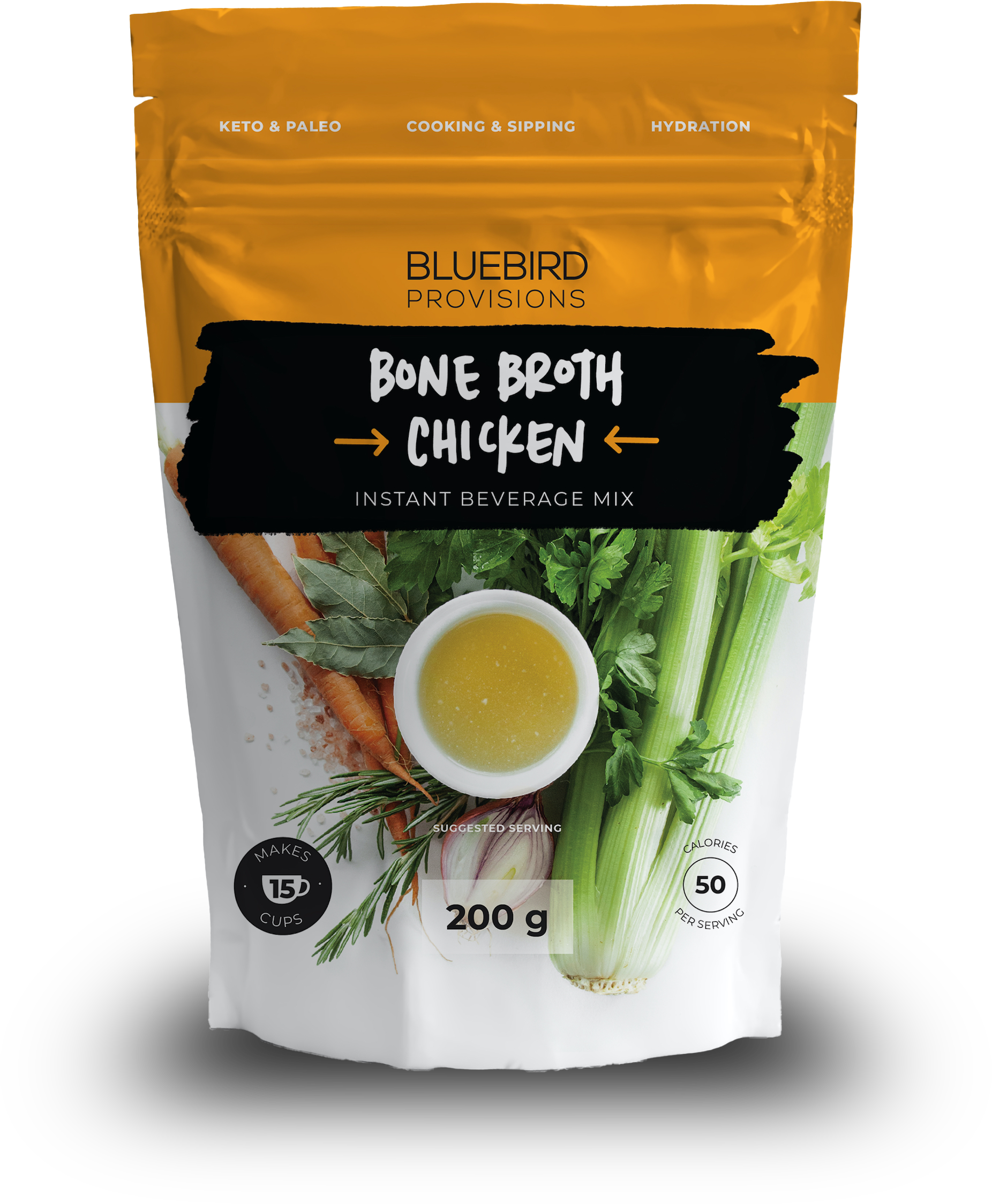
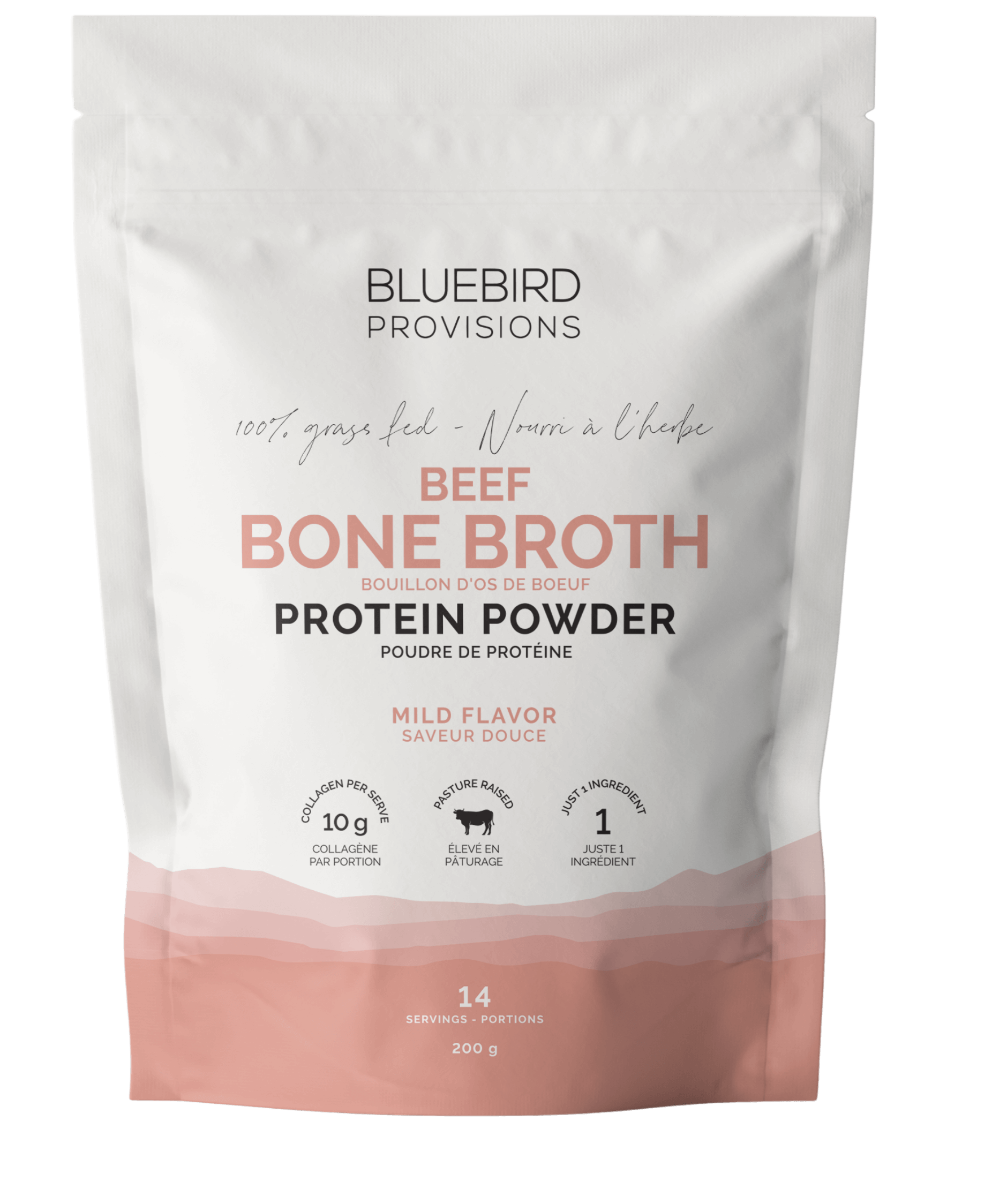







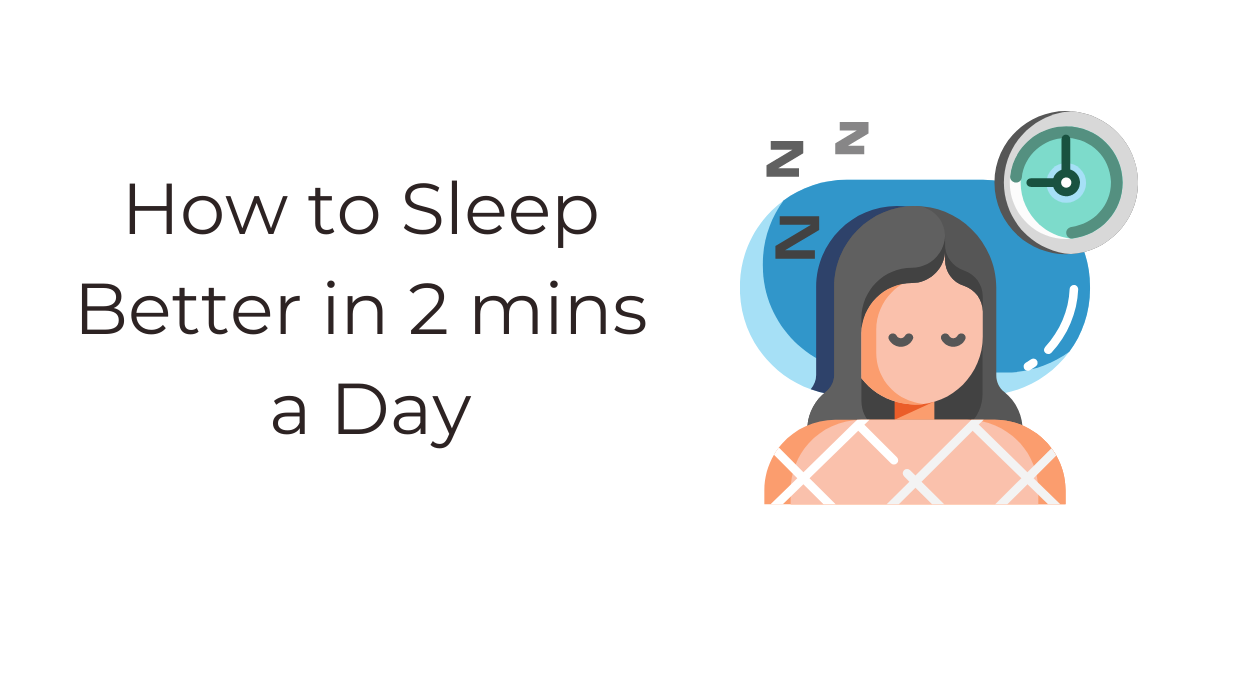

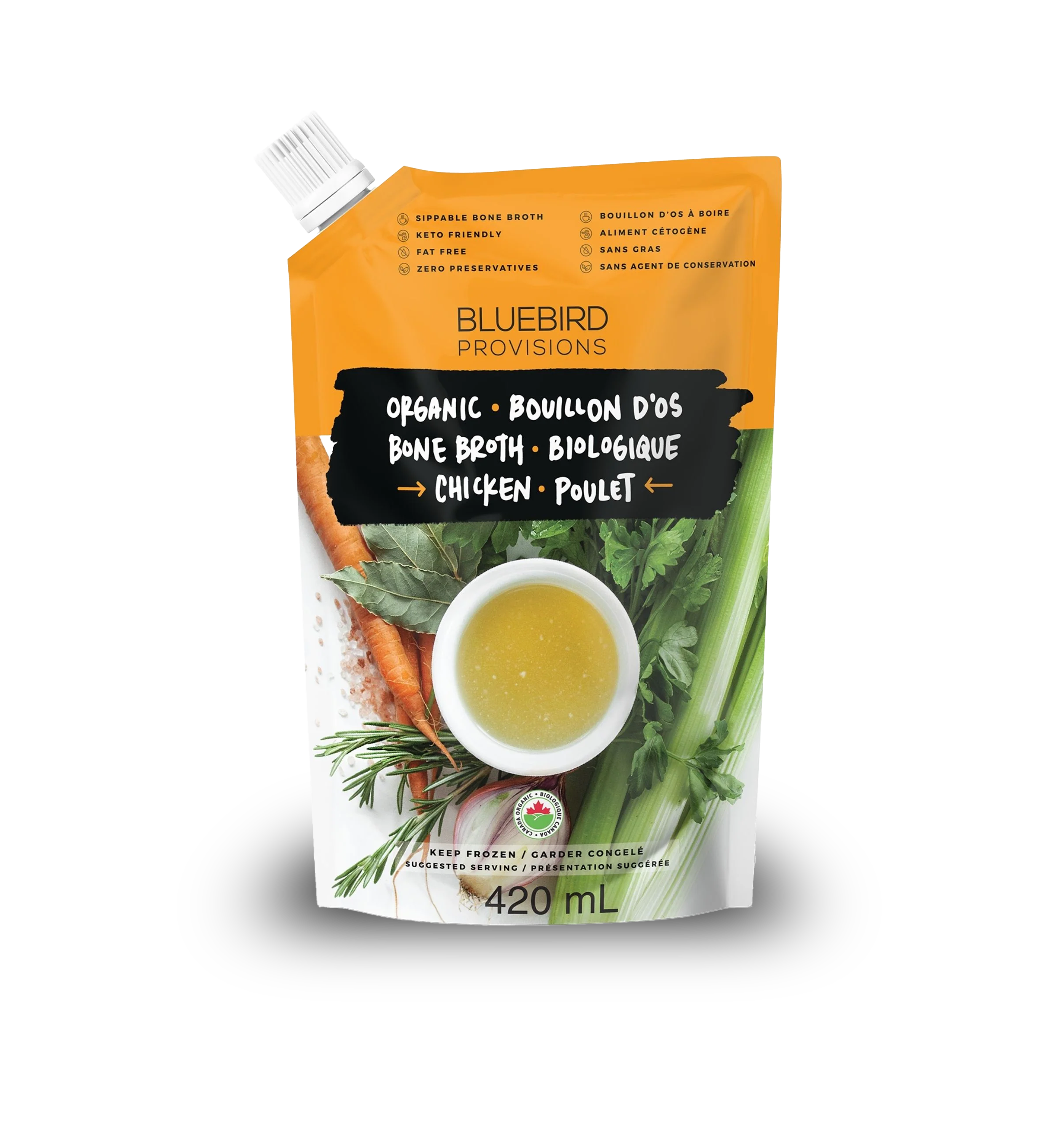
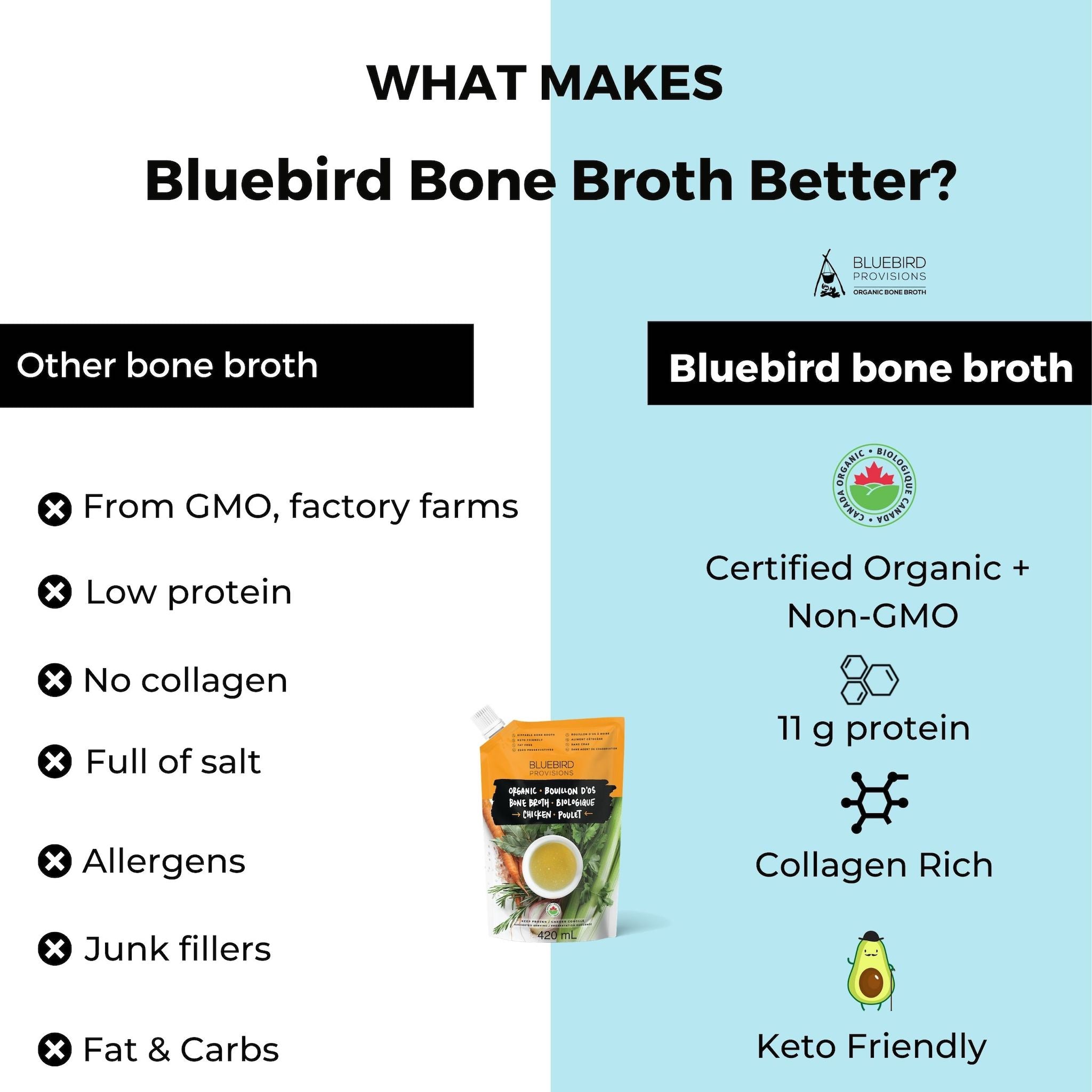
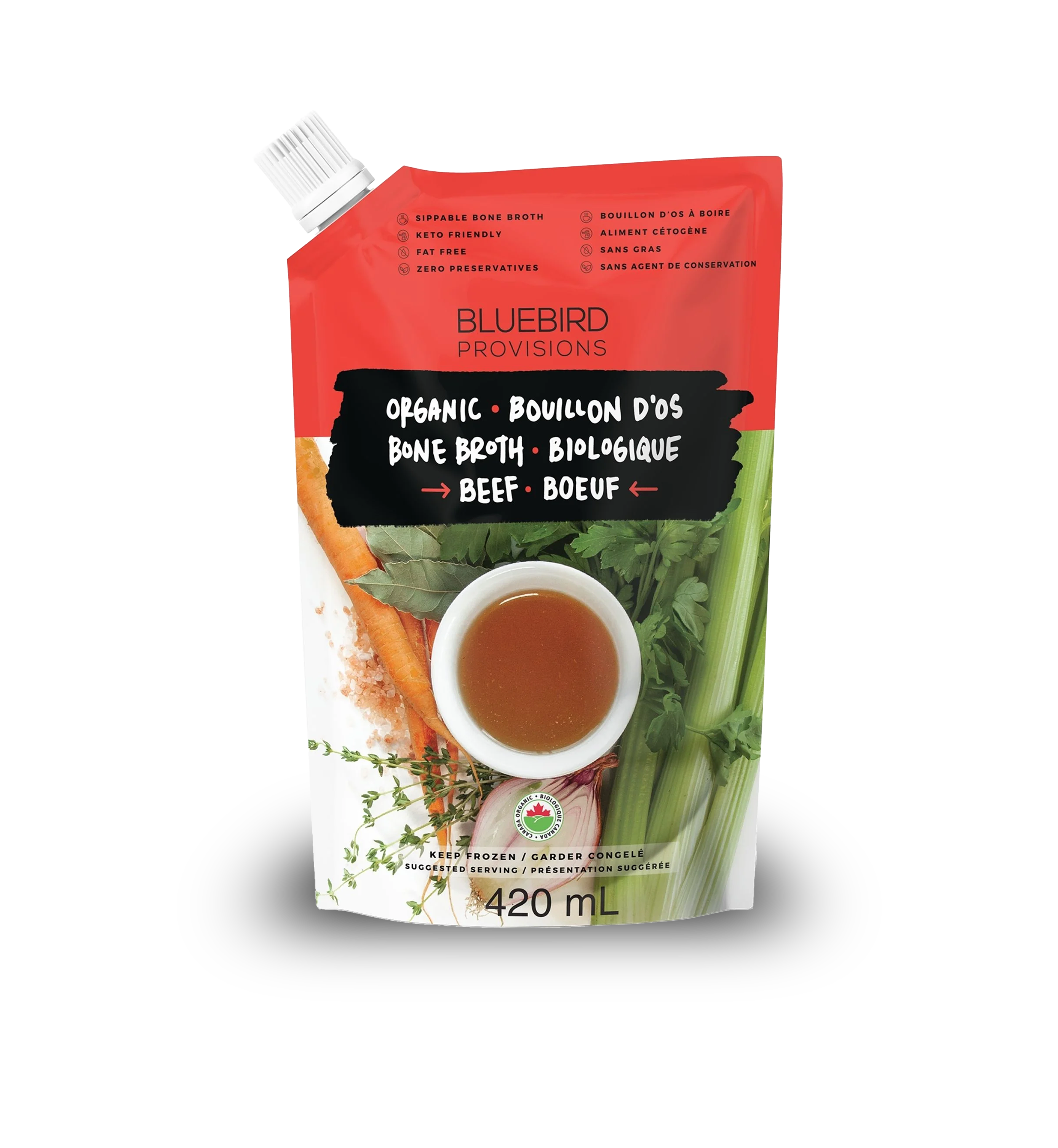
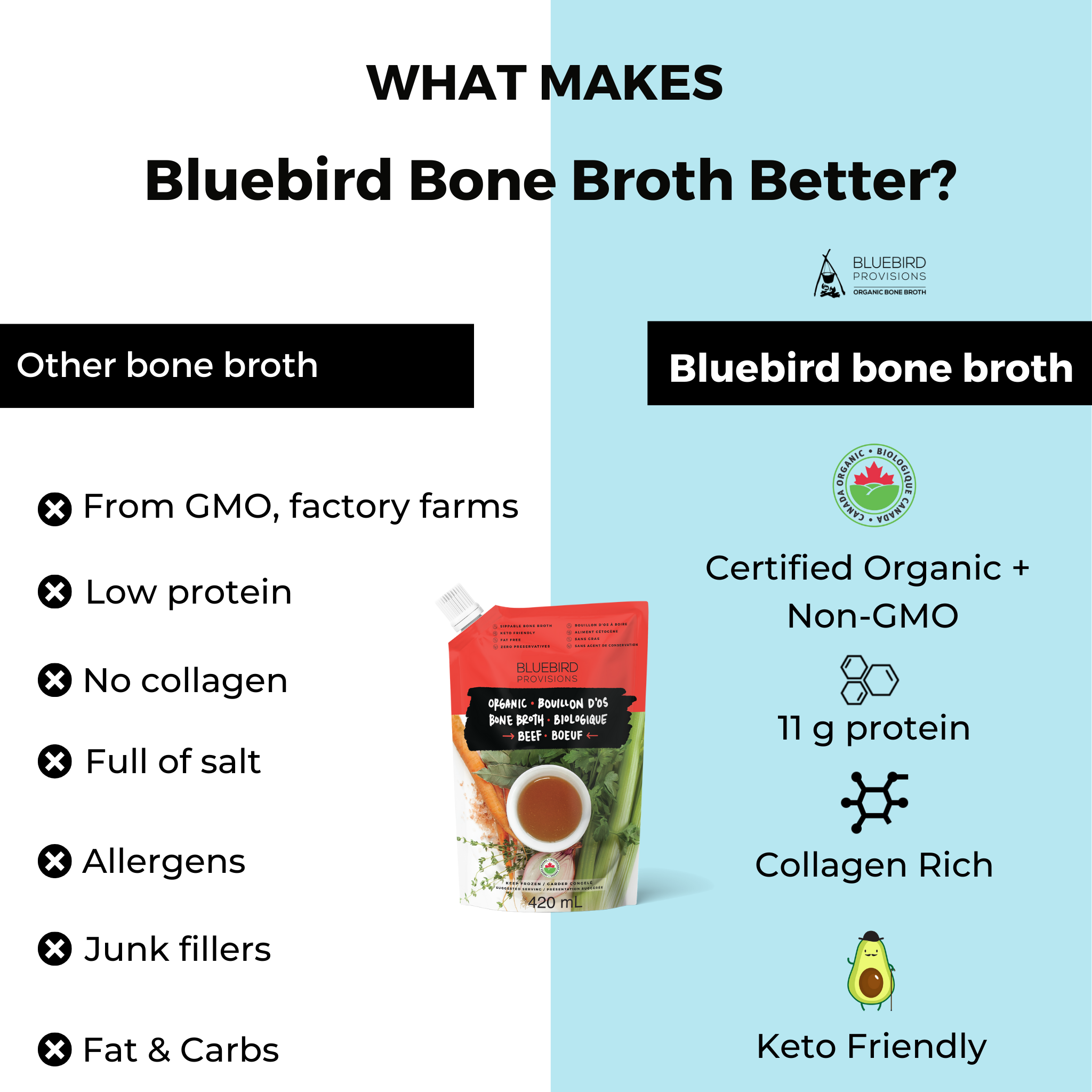
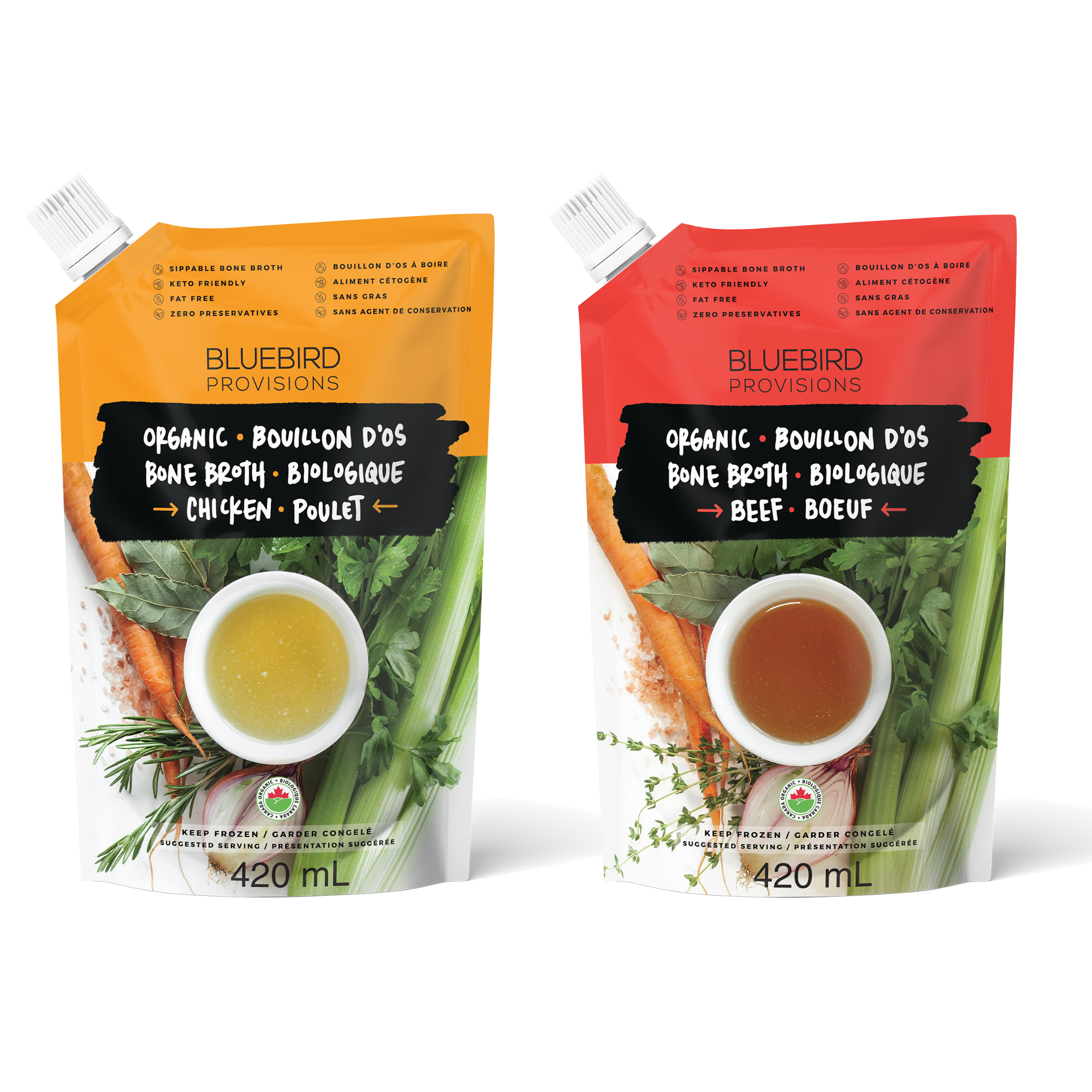
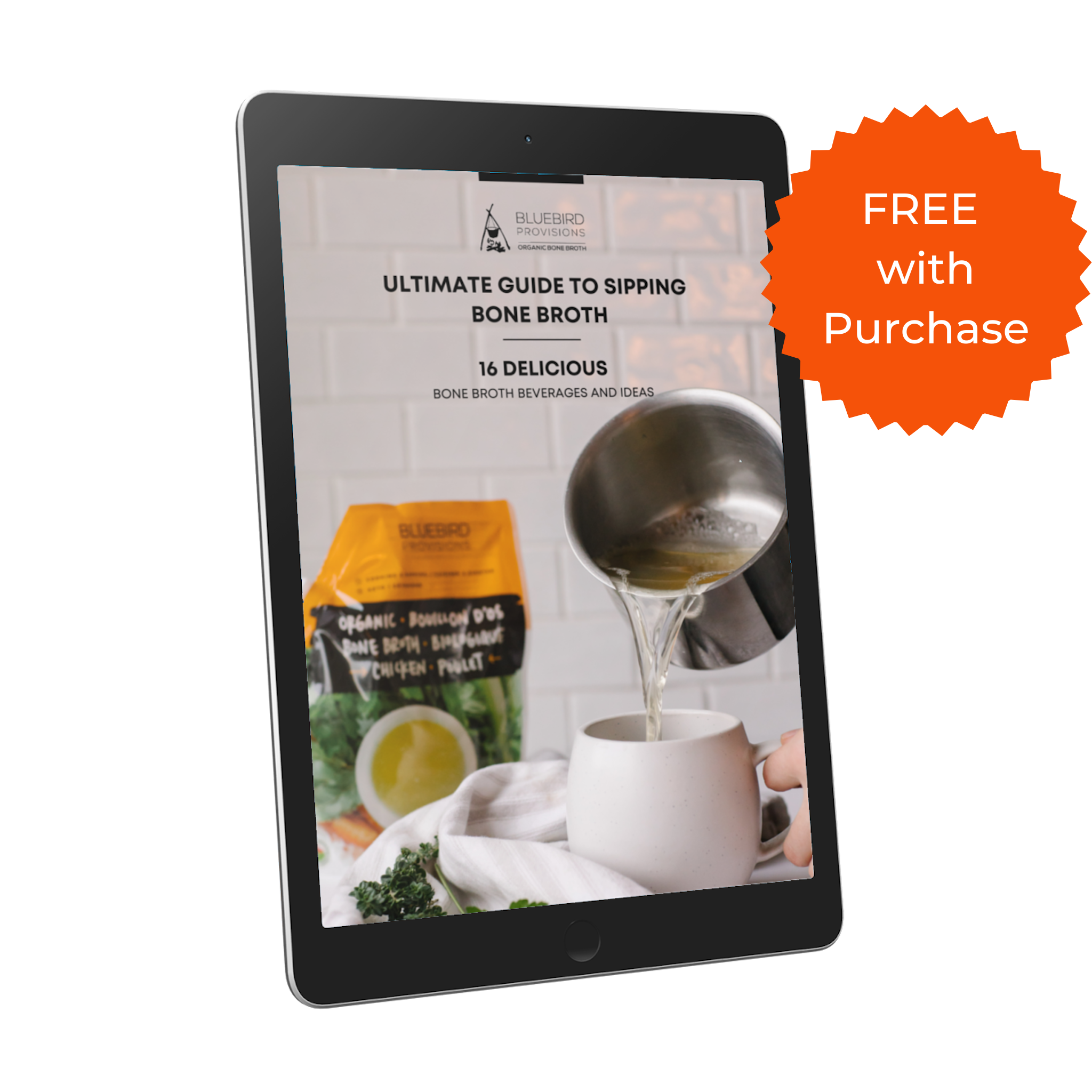
Leave a comment
This site is protected by hCaptcha and the hCaptcha Privacy Policy and Terms of Service apply.